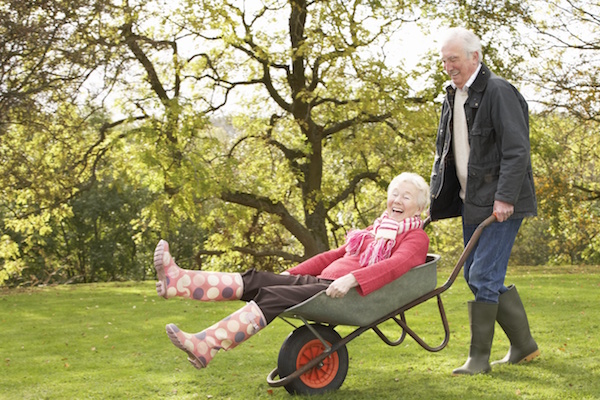WEDNESDAY, April 6, 2016 (HealthDay News) — One key to keeping muscles young is as close as the nearest gym, researchers say.
“High-level” exercise appears to help keep older people’s muscles young at the cellular level, the Canadian study finds.
“Exercise is definitely an important contributor to functional performance,” and even non-athletes can benefit from workouts, study lead author Geoff Power, of the University of Guelph, said in a university news release.
“Staying active, even later in life, can help reduce muscle loss,” added Power, who is professor in Guelph’s department of human health and nutritional sciences.
Power explained that as people get older, they lose muscle mass and strength, and this process speeds up after age 60.
But the researchers found that muscle decline is slower in elderly people who are elite athletes.
As reported recently in the Journal of Applied Physiology, the investigators compared the muscles of world-class track and field athletes in their 80s with people the same age who lived on their own but weren’t athletes.
Compared to the non-athletes, the elderly athletes’ legs were 25 percent stronger and had about 14 percent more muscle mass. In addition, the athletes had nearly one-third more “motor units” — which consist of nerve and muscle fiber — in their leg muscles. More motor units means more muscle mass and greater strength, the study authors explained in the news release.
Finding ways “to intervene and delay the loss of motor units in old age is of critical importance,” Power said.
However, every person is different and “we cannot rule out the importance of genetics,” he added. Power said more research is needed to determine whether higher levels of muscle health in older elite athletes is the result of training or genes, or both.
More information
The U.S. Centers for Disease Control and Prevention has advice on exercise for older adults.
Copyright © 2026 HealthDay. All rights reserved.

